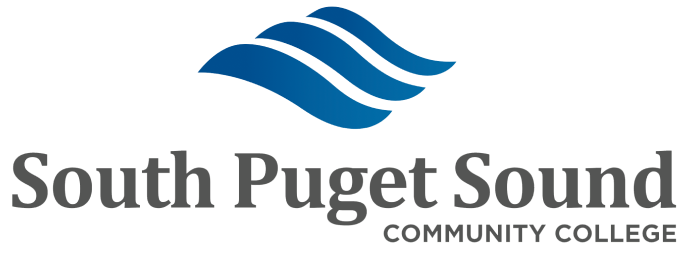Overview
The Writing Center provides free one-on-one writing tutoring for all currently enrolled SPSCC students. We can help with writing projects for any course in any discipline at any stage of the writing process! Moreover, we can also provide feedback on personal and professional writing, such as resumes, cover letters, scholarship applications, and creative writing projects! Our tutors offer peer feedback, refer you to trustworthy resources, and help you develop as a writer.
Gain confidence and new perspectives in your own writing—from essays to applications to short stories and more. Book an appointment today!
Winter Quarter Hours: January 10 - March 20
Monday through Thursday: 10am - 4:30pm
Friday: 10am - 3pm
Location
We are located in the library: Building 22, Room 164
Book an Appointment
Click here to book an appointment in the SPSCC Writing Center!
See the FAQ below for detailed booking instructions.
Contact Us
(360) 596-5472
learningsupport@spscc.edu
eTutoring Writing Lab and Zoom Hours
If you are unable to visit the Writing Center in person, you can still get help for all of your writing needs through the eTutoring Writing Lab and Zoom rooms. Log into eTutoring to see the full Zoom room schedule, which typically has a range of hours throughout the week and on the weekend!
Writing Lab: Submit a writing project to the eTutoring Writing Lab and receive asynchronous feedback within 24 - 48 hours.
eTutoring Zoom Rooms: If you prefer to speak to someone online in a face-to-face format, you can join one of the eTutoring writing Zoom rooms! You can find the Zoom room schedule below (or on the eTutoring platform).
